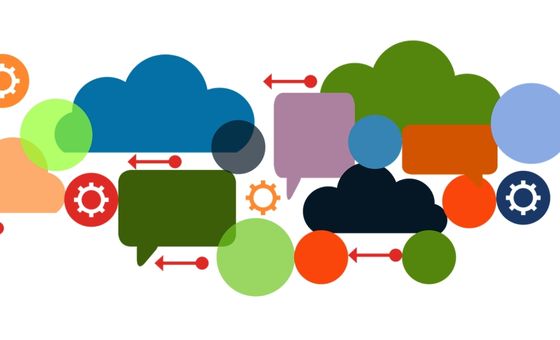Origins of Marketing:
Marketing is a relatively recent concept. Although commerce has existed since antiquity, the concept of marketing was not used until the 20th century, and marketing as we know it today has its origins in the 1960s. It has subsequently evolved through several phases. There was marketing 1.0, which was the focus on the product. This phase emphasised the value proposition of the product: it must be functional and satisfy a customer’s need. Then came marketing 2.0 with a focus on the consumer. It was the internet age of web 2.0 that made this phase possible with the advent of the use of the internet as the main working tool. Today, we are at the dawn of the 4.0 era, characterised by the even greater use of digital data to predict consumer behaviour and deliver an even more personalised experience. But what is marketing 3.0?
Marketing 3.0: Definition
Introduced in 2009 by Philip Kotler, Marketing 3.0 comes at the same time as the transition to a circular economy where we engage with issues such as ecology, environment, sustainability, etc. Marketing 3.0 is value-based and human-centred, meaning that companies are no longer focused on a typical consumer, but on the human person behind it. It is also part of the digitalisation that we are experiencing, and is mostly referred to as digital marketing. This new era is due to the new dogma linked to the current behaviour of consumers: they are looking for a personalised experience, they want their values to be respected by the company so that they can better identify with it, whether in B2B or B2C. In marketing 3.0, the consumer is not only interested in the product. Ethics and corporate responsibility are increasingly important, as Philip Kotler discusses in his book “Marketing 3.0”.
The emergence of marketing 3.0
With the exceptional growth of communication technologies such as social networks and the internet, consumers have easy access to a wide range of content. Moreover, platforms such as social networks push individuals to be actors of their consumption: access to information is easy, there is a lot of choice on many and they can choose what they prefer. In today’s era, the consumer has power over brands and is increasingly demanding. Brands therefore need to reach consumers from a more personal point of view to add value to their offer. Marketing 3.0 could be called community-based.
The values of marketing 3.0 are grouped around the ideal of well-being, which is fairly recent in our societies, with a focus on eco-responsibility, organic products, the representation of family values, morals, sports, etc. The major groups have largely followed this movement as soon as they have been able to identify it, and these values are found in almost all their advertising campaigns.
The way in which products and services are communicated has also changed significantly. Advertisements are much more humanised, if only on television or in the media. The company’s vision is also carefully crafted, with campaigns linked to social movements such as pride, where many brands take a stand. Thus, corporate morality is a marketing tool in its own right that allows excellent customer relations to be created and customer loyalty to be built. It is therefore more than necessary for any company to keep up to date with the latest marketing trends, especially digital marketing.
How to use marketing 3.0?
How does marketing 3.0 foreshadow marketing 4.0?
There is a fine line between 3.0 and 4.0. While 3.0 marketing uses all the digital and social media technologies to do inbound marketing, 4.0 marketing seeks to exploit even more user data to improve their offer and predict consumer behaviour more accurately.
Traditional marketing used to use the 4Ps (Product, Price, Promotion and Placement), 4.0 integrates the 5As (Aware, Appeal, Ask, Act and Advocate). Marketing 4.0 therefore integrates the notion of influence marketing and ultra-connection thanks to the multitude of communication channels available to a company.
As Marketing 4.0 is a more advanced version of 3.0 in terms of data use, we must remain vigilant about the problems associated with data management. This is why it is more effective to use a marketing communications agency to help you implement your marketing campaigns.
Marketing 3.0 at Habefast
Our agency offers to assist you with your marketing campaigns. We will advise you during all your steps, for the creation of an e-commerce site, during the implementation of your digital strategy, and for the referencing of your site or service pages.Our experts will help you implement the best inbound marketing techniques, whether it’s promoting your business through videos and photos or assisting you with your daily marketing tasks.

